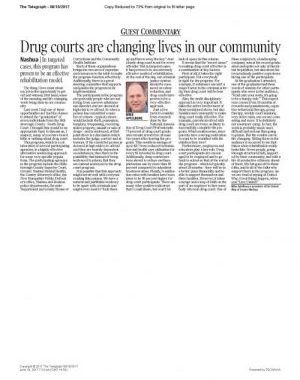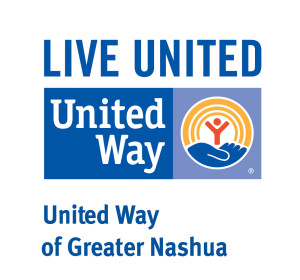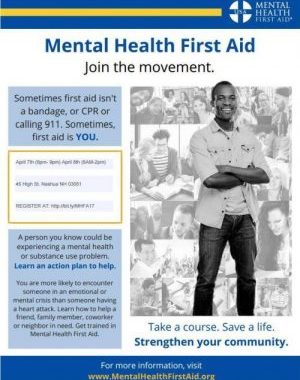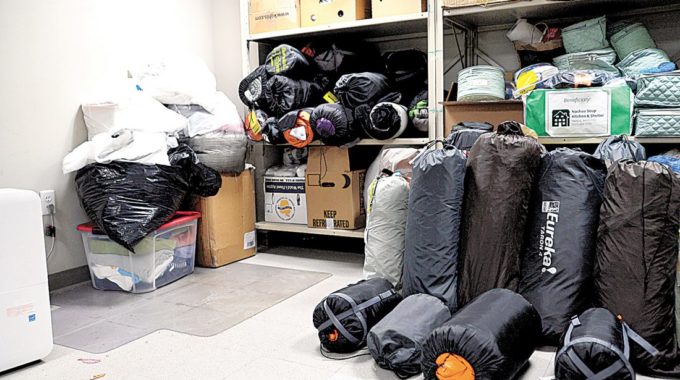
Drug court: A program which is changing lives in our community
The thing I love most about my job is the opportunity to get out and witness, first hand, some of the amazing and life changing work being done in our community. Last week I had one of these opportunities as I had the chance to attend the “graduation” of 7 individuals from the Hillsborough County-South Drug Court. I thought this would be an appropriate topic to discuss as, I suspect, many of you have heard little or nothing about Drug Court.
This program, which is a collaboration of several participating agencies, is a highly effective alternative sentencing approach for some very specific populations. The participating agencies in the program include the Hillsborough County Superior Court, Greater Nashua Mental Health, the County Attorney’s Office, the NH Public Defender’s Office, the Nashua and Hudson Police Departments, the Department and House of Corrections, and the Community Health Institute. Each of these organizations brings its own area of expertise and resources to the table to make the program function effectively. Additionally, there is a great Steering Committee that supports and guides the program in its implementation.
The participants in the program are generally people who are suffering from a severe substance use disorder AND are deemed at high risk to re-offend. So, when a person has committed a number of crimes – typical crimes would include theft, possession, burglary, trespassing, receiving stolen property, assault, sale of drugs – and is sentenced, at that point there is a discussion which includes the judge, convict, and attorneys. If the convicted person is deemed at high risk to re-offend AND they are heavily dependent on substances, then there is the possibility that instead of being sentenced to prison, that they are instead sentenced to the drug court program.
It is possible that this approach might not sit well with everyone reading this column. We have a natural and justifiable tendency to be upset with criminals and might even want to “lock them up and throw away the key.” And clearly drug court is not for every offender. But in targeted cases it has proven to be an extremely effective model of rehabilitation. At the end of the day, our criminal justice system should be measured on crime reduction, and drug courts have proven to be a very effective approach. Just a few facts to consider from research done by the National Association of Drug Court Professionals: 75% of Drug Court Graduates remain arrest-free at least two years after leaving the program. This results in savings of up to $27 from reduced victimization and healthcare utilization for every $1 invested in drug court. Additionally, drug courts have been shown to reduce methamphetamine use by more than 50% compared to outpatient treatment alone. Finally, reunification rates with families have been show to be 50% higher for Drug Court Participants. There are many other positive indicators that I could share, but won’t for lack of space in this column.
It seems that the “secret sauce” to making drug court effective is a combination of key factors. First of all, it takes the right participant. Not everybody is right for the program. For example, if substance use isn’t a major factor in the criminal activity, then drug court will be less effective. Also, the multi-disciplinary approach is very important. It takes the active involvement of those mentioned above, but also families and community to make drug court really effective. For example, parents involved with drug court are twice as likely to successfully complete the program. Which makes sense, since parents have a strong motivation to want to be reunified with the children they love? Also, employers and educators play a key role. Drug court participants are encouraged to be employed and to go back to school so that at the end of the program – which is typically about 18 months – they will be in a better place financially and be able to support themselves and their families. However, it takes courage and a leap of faith on the part of an employer to hire somebody who is in drug court. One of those employers, a landscaping company, was at the recent graduation and spoke not only of his initial trepidation, but also about his tremendously positive experience hiring one of the participants.
At the graduation I attended, one of the graduates had these words of wisdom for other participants who were in the audience, “Hold onto your seats, it’s going to be a bumpy ride.” This experience comes from 18 months of rewards and punishments, cognitive behavioral therapy, group therapy, weekly court sessions, very strict rules, one on one counseling, etc. It is definitely not a summer camp. In fact, the work is probably much more difficult and serious than going to prison. But the results can be life changing. Sitting there in the audience it occurred to me that this is what rehabilitation really looks like. 7 people, going through structured hell, supported by their community, and with a life of productive citizenry ahead of them. My hat goes off to these folks, and to all of the folks who support them in the program. As we are fond of saying at United Way, Great things happen, when you LIVE UNITED!
Mike Apfelberg is President of the United Way of Greater Nashua.

















